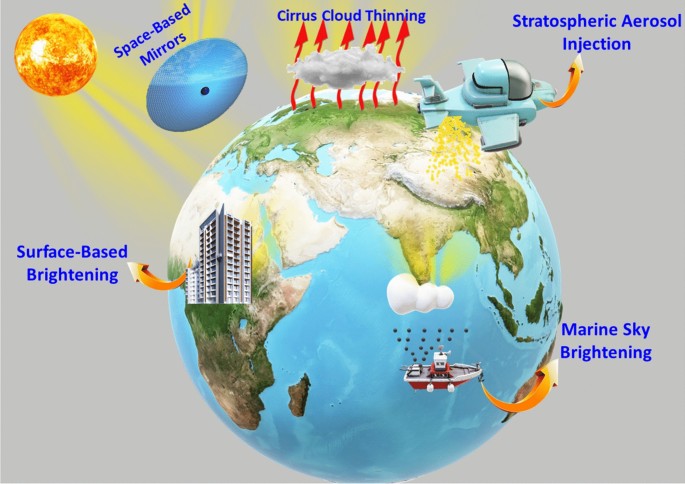
ISLAMABAD, November 15, (INP-WealthPK): Pakistan needs effective planning and a viable strategy to meet the challenges of climate change, which are going to increase in intensity in the future, said Pakistan Business Forum (PBF) in a press statement received by WealthPK.
Additional Secretary General of Case Studies and Research Unit of PBF Dr Urwa Elahi noted that Pakistan has the third biggest ice-mass in the world. This ice-mass, she continued, is melting at a faster rate than ever before. Therefore, the country needs a strategy to deal with climate calamities effectively in the future. She said, “Temperatures of the world are increasing. This is causing the sea-levels to rise. And we will see inward migrations from coastal areas very soon. Climate disasters like the recent floods have already shown that we need to prepare ourselves for the impending catastrophes.”
She continued, “we already have 30 million displaced people from recent floods. Costs of these floods to our country are in tens of billions of US dollars. These floods have been caused by the warming of the Arabian Sea coupled with the weather warping effects of la Nina.”
“A third of our country is under water with lakes being formed in the inland regions. People, livestock, crops and trees have drowned in 10 feet of high water,” she added.
“Extreme floods are followed by extreme droughts because water tends to flow into the sea during floods rather than leaching into the soil, ironically causing a water shortage. Our infrastructure is already very fragile, vulnerable to torrential rains and flash floods,” she said.
Dr Urwa said losses to Pakistan’s economy are upwards of USD 30 billion. “In addition, we are looking into imminent crop failures, soil degradation, and food insecurity. The shortage of food supplies will cause the prices to skyrocket and more instability will be brewed in the country.”
“Our human security index is reaching new lows with many more people falling below the poverty line. Immediate action on the part of government and relief organizations is needed to rectify the situation for millions of people, since winter is already upon us,” she added.
She said that a multi-pronged approach is needed to rebuild the country and prepare for the future, adding that the country’s agriculture sector needs the most attention since it is the hardest hit by the floods with 50% of crops having been washed away.
She said, “our people are living under open skies and they are vulnerable to cold, hunger and water-borne diseases. Corruption in the relief efforts also deprived the affectees of essential supplies needed to survive in such harsh conditions. We need to shift majority of our resources into rebuilding infrastructure, social protection and building resilience into our institutions.”


































































































